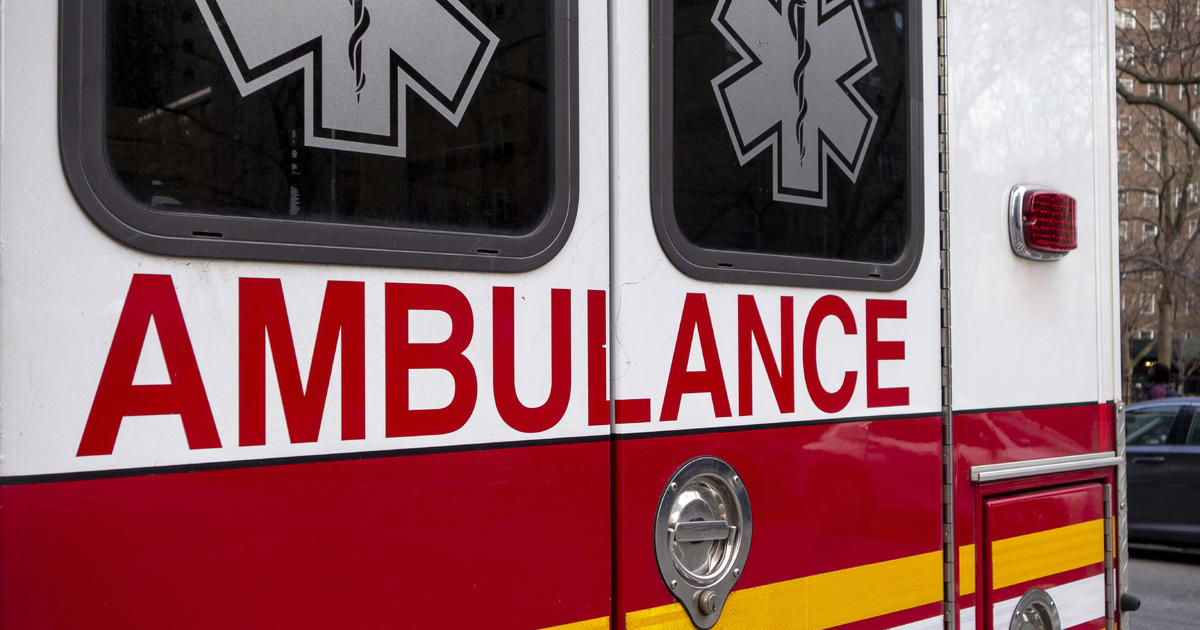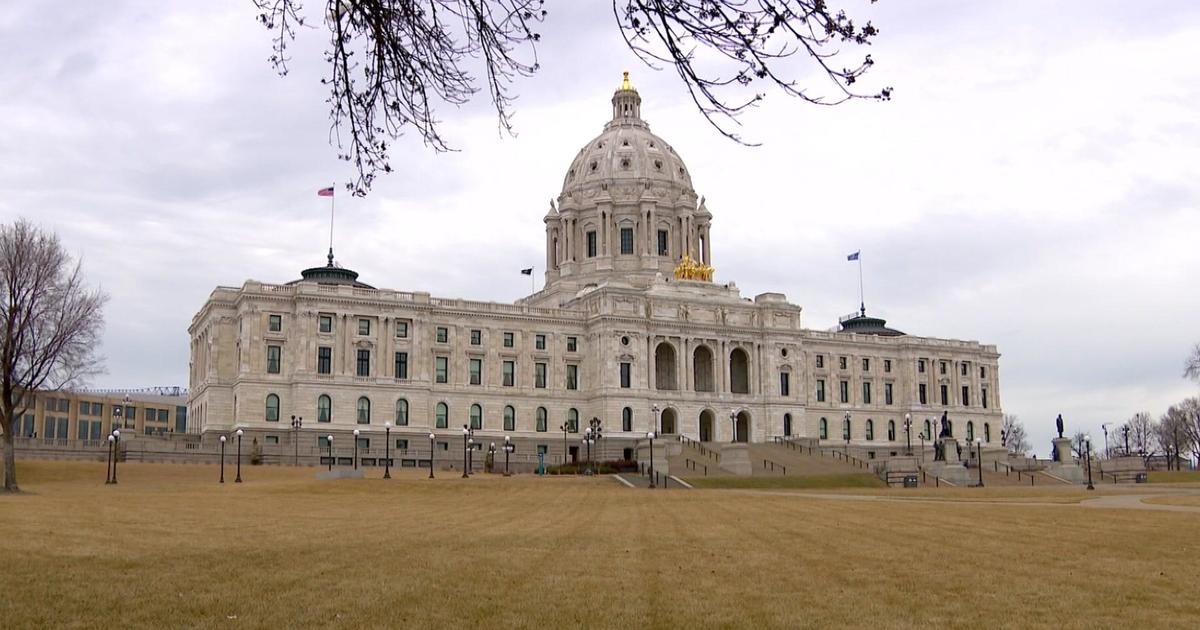Vikings Stadium: Questions And Answers
ST. PAUL, Minn. (AP) — Political leaders and the Minnesota Vikings unveiled a plan this week to build a $975 million stadium on the current Metrodome site in downtown Minneapolis. Key questions and answers about the proposal and its path forward:
Q: So there's finally a plan! Does that mean a new stadium is just around the corner?
A: Definitely not. Stadium supporters acknowledge a major uphill battle to get it passed by the state Legislature, where it will have to find majority support in probably more than a half-dozen committes and ultimately in the full House and Senate; and by the Minneapolis City Council. The Vikings have no choice but to play their 2012 season in the Metrodome, so a delay until the 2013 legislative session — or later — is always possible.
Q: What exactly is the opposition all about?
A: It's coming from many directions. Some state lawmakers philosophically oppose public money for privately owned sports teams. Gambling critics don't like that the state raises its $398 million stadium share with tax revenue from expanding pull-tab games in bars and restaurants. Some Minneapolis City Council members think their constituents should get to vote on the proposal, which taps city sales-tax proceeds. And even some lawmakers who might someday vote for a stadium would rather not with all 201 legislative seats up for election this November.
Q: But supporters point out the plan doesn't raise new taxes or draw from the state general fund, and that the Vikings are coughing up about half the total tab between construction and operating expenses. So what's to oppose?
A: Opponents say it's a case of misplaced priorities. Even with those qualifiers, the plan extracts money from Minnesotans via taxes on gambling and an existing Minneapolis sales tax. Critics say that's money that could otherwise be spent by the state on schools, or by the city to put more cops on the street, or on other projects more worthy than getting a billionaire's football team into a new stadium. Those people have even more ammunition with the tight state budgets of the last decade.
Q: Then what's the case for building it at all?
A: Democratic Gov. Mark Dayton, the project's cheerleader-in-chief, says he hates the economics of pro sports but he fears that a stadium miss will lead to the Vikings moving away. The Vikings' current owners haven't directly threatened that, but team officials have said the 30-year-old Metrodome isn't acceptable anymore. Dayton has also sold the project as a jobs bill, worth up to 8,000 construction jobs and as many as 2,000 permanent jobs.
Q: If the stadium gets built, how long does the team have to stay?
A: They'd have to sign a 30-year lease.
Q: Does the state get anything other than making sure the Vikings stay in Minnesota?
A: Yes. The stadium would be owned by a public authority, which would get the profits from all non-NFL events held there: other sporting events, rock concerts, monster truck rallies and so forth. The Vikings would get all stadium profits raised directly by football games there. In addition, supporters estimate that over 30 years the state of Minnesota would collect about $800 million in income taxes from Vikings players and executives, as well as players and officials from visiting teams. That's money that would be lost if the team leaves.
Q: What would the new stadium look like? What kind of amenities would it have?
A: That's not clear yet, and it would ultimately be up to a design firm that's yet to be hired. But the negotiating team behind the deal used the Indianapolis Colts' Lucas Oil Stadium, which opened in 2008, as a model. Current plans call for it to have a fixed roof, although the proposal leaves open the possibility that could be upgraded to retractable.
Q: If it's approved this year, when would it open?
A: Backers say in time for the 2016 NFL season. Since it's being built nearly on top of the Metrodome, the Vikings would spend one season outdoors at the University of Minnesota's TCF Bank Stadium.
(© Copyright 2012 The Associated Press. All Rights Reserved. This material may not be published, broadcast, rewritten or redistributed.)



